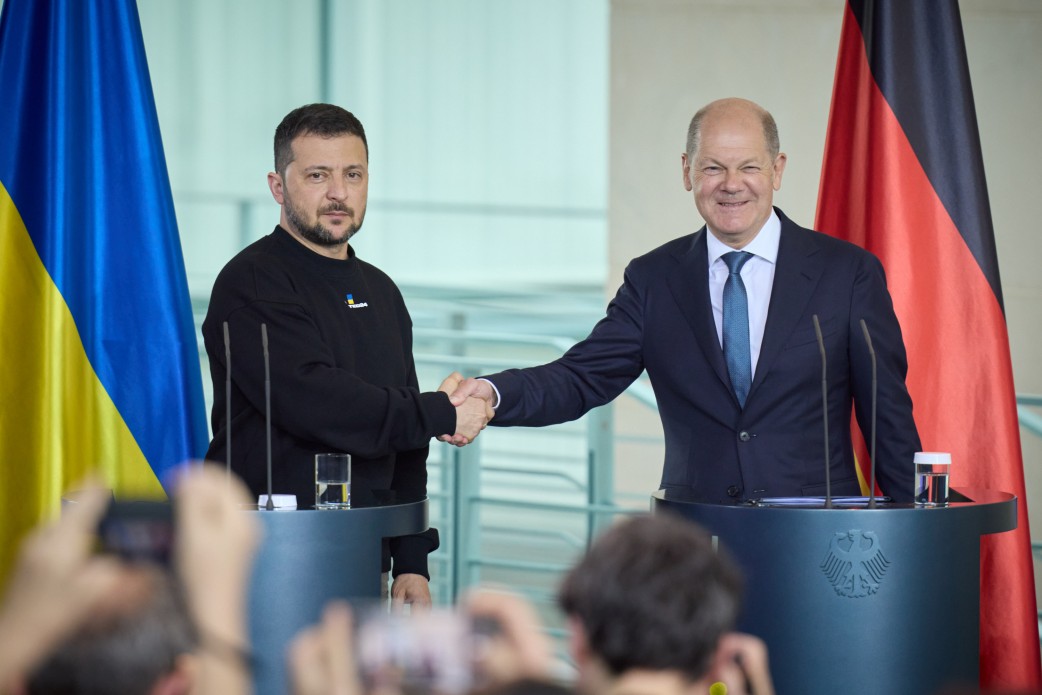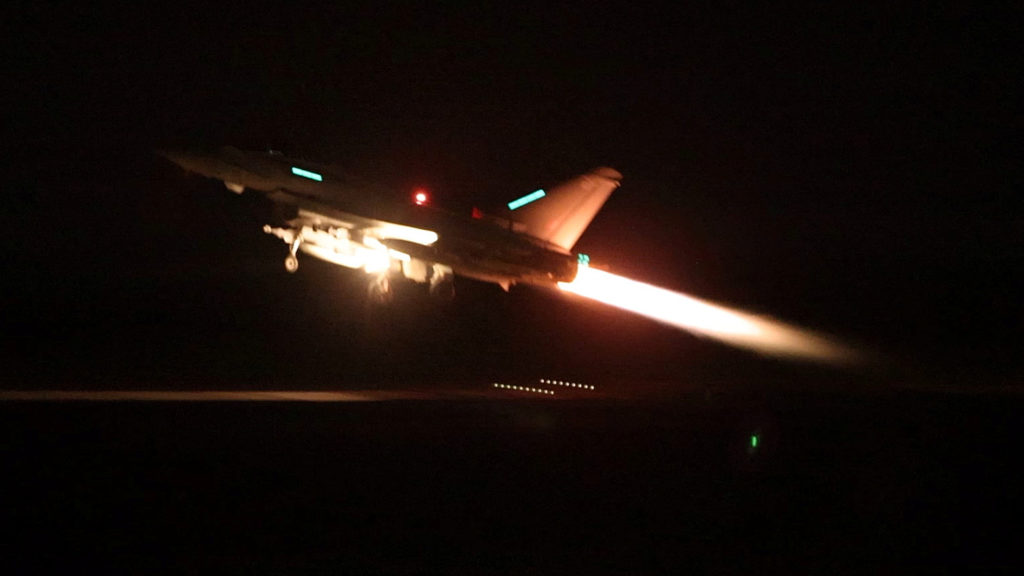As the US Congress remains deadlocked over a $61 billion aid package for Ukraine, Kyiv is looking to its European allies for more assistance in its war against Russia. Germany, in particular, is seen as a potential leader in providing financial and military support to the embattled country.
Ukraine has been fighting a brutal war against Russian-backed separatists and regular troops since February 2022, when Moscow launched a full-scale invasion of its eastern regions. The conflict has claimed over 100,000 lives and displaced millions of people.
The US has been the main source of aid for Ukraine, supplying weapons, equipment, training, and humanitarian assistance. However, the Biden administration’s proposed aid package has been stalled in Congress since late last year, due to partisan disputes and budgetary constraints.
This has left Ukraine in a precarious situation, as it faces a renewed threat from Russia, which has amassed over 200,000 troops near its borders and continues to launch attacks and cyberattacks on Ukrainian targets.
In this context, Ukraine has appealed to its European partners for more help. Britain and France have already signed security agreements with Kyiv, pledging to provide long-term arms supplies and cooperation. But Ukraine’s President Volodymyr Zelenskyy has also repeatedly called on Germany to take a more active role in supporting his country.
Germany is the largest economy and the most influential country in the European Union, as well as a key mediator in the stalled peace talks between Ukraine and Russia. It is also the largest European donor to Ukraine, having contributed €18 billion in military and economic aid since the start of the war.
However, Germany has been reluctant to provide lethal weapons to Ukraine, citing concerns over escalating the conflict and provoking Russia. It has also faced domestic opposition to a more assertive foreign policy, especially from the pacifist Green Party, which is part of the ruling coalition.
But some experts and politicians argue that Germany should reconsider its stance and assume more responsibility for Ukraine’s security and stability. They point out that Germany has a historical and moral obligation to support Ukraine, given its role in World War II and the Holocaust. They also warn that a failure to deter Russian aggression could have grave consequences for Europe’s security and unity.
“Germany should not shy away from its leadership role in Europe and the world,” said Norbert Röttgen, the chairman of the foreign affairs committee in the German parliament and a member of Chancellor Olaf Scholz’s Social Democratic Party. “We have a strategic interest in a sovereign and democratic Ukraine, and we have the means and the influence to make a difference.”
Scholz, who took office in December, has signaled a more pragmatic and flexible approach to Ukraine than his predecessor, Angela Merkel. He has said that he expects to conclude a security agreement with Kyiv soon, but did not specify the details or the timeline.
Meanwhile, Zelenskyy has expressed his hope that Germany will become a “reliable partner and friend” of Ukraine, and that Scholz will be among his “close allies”. He has also invited Scholz to visit Ukraine and witness the situation on the ground.






